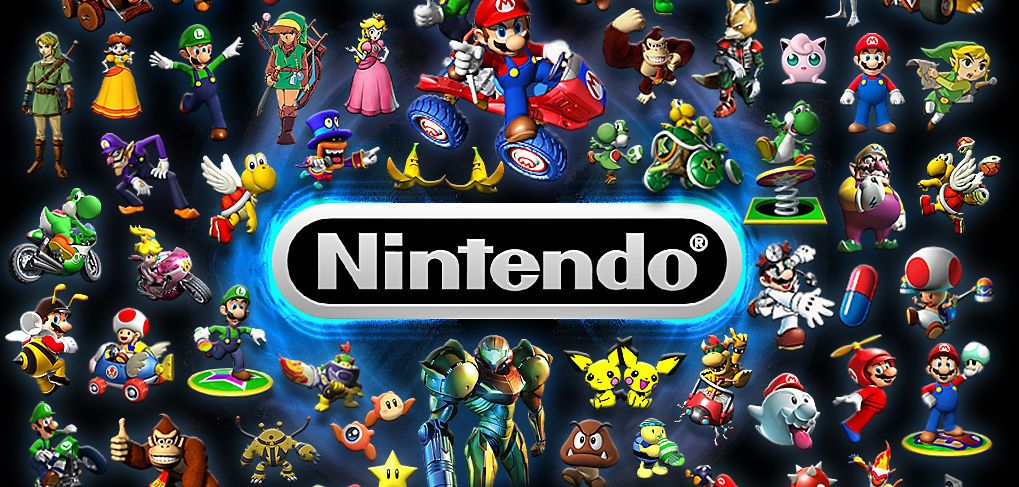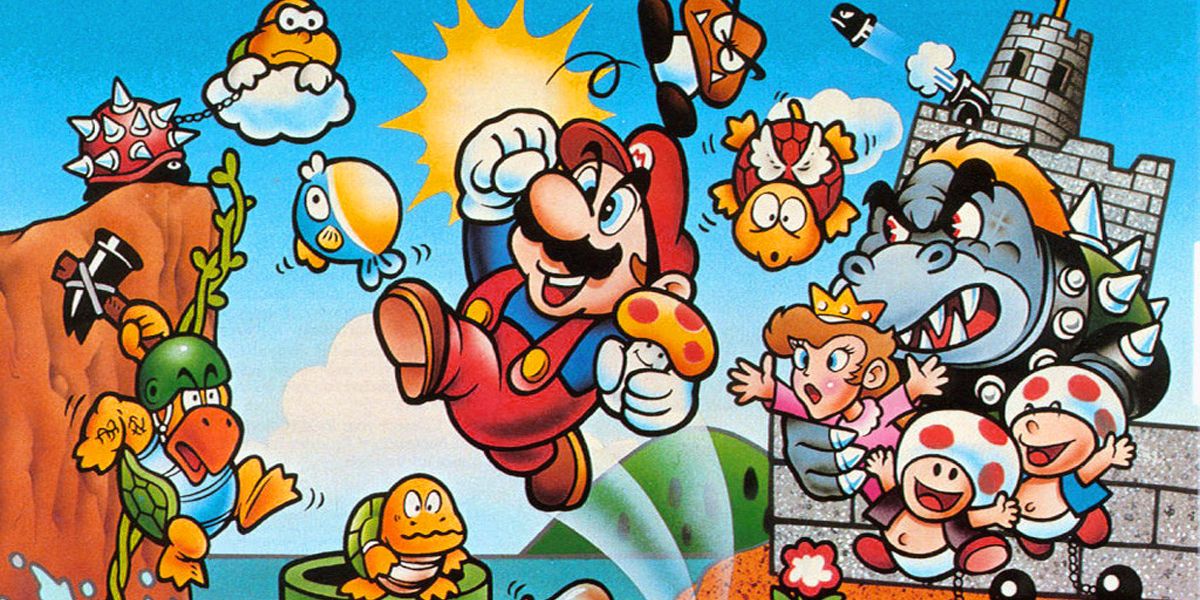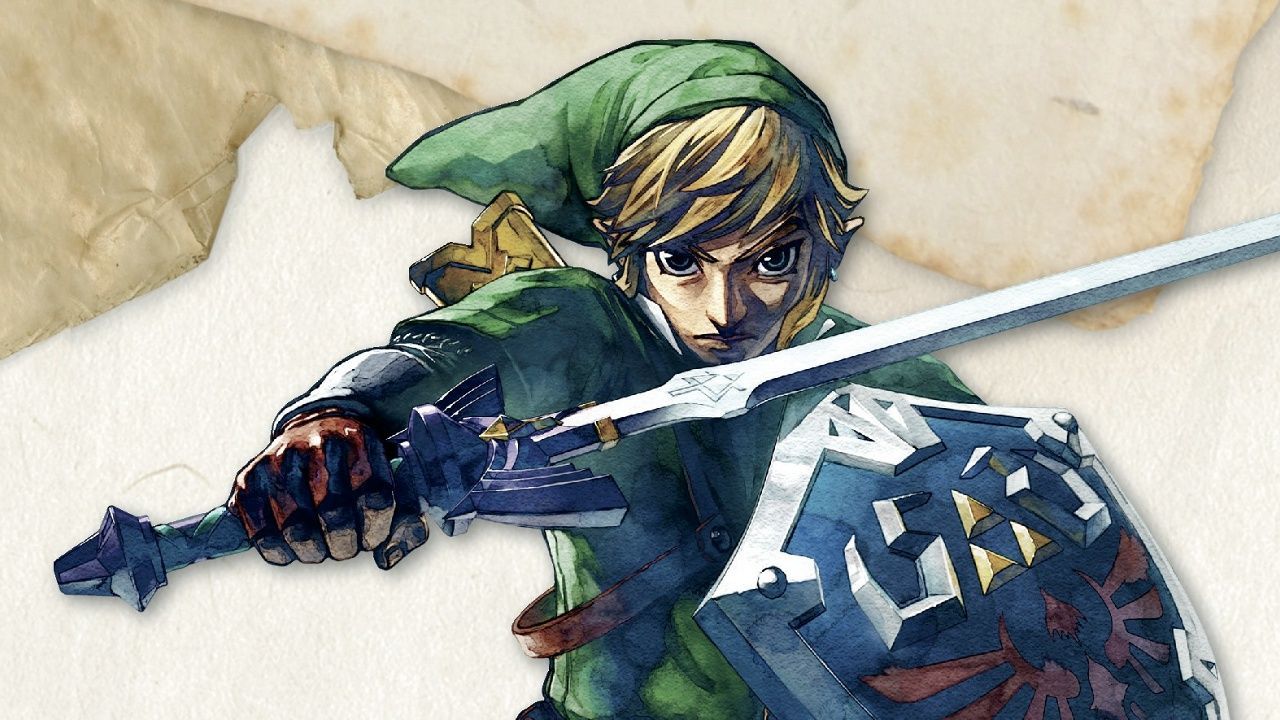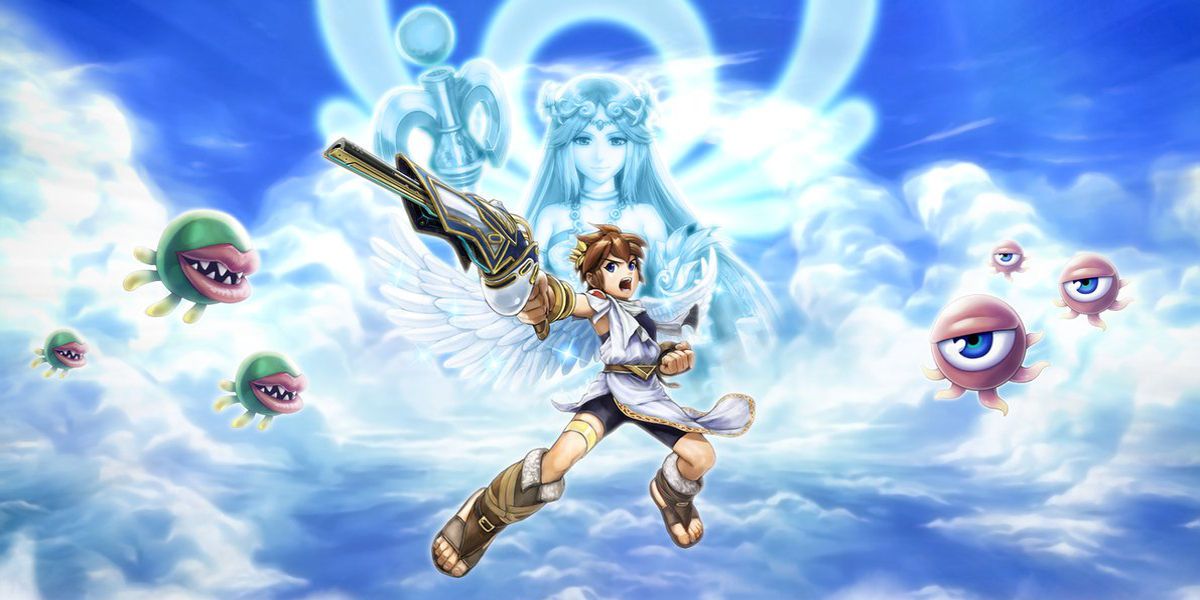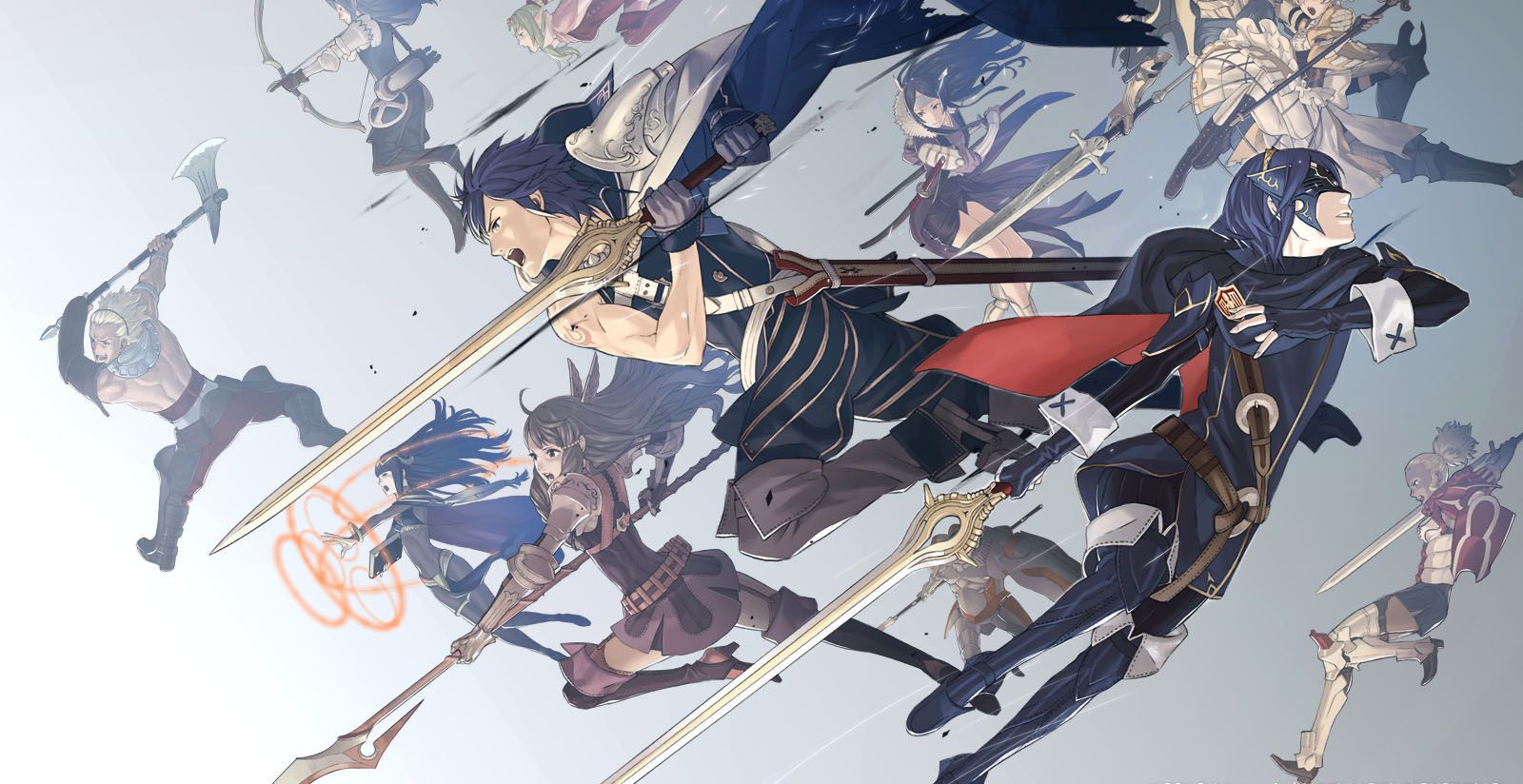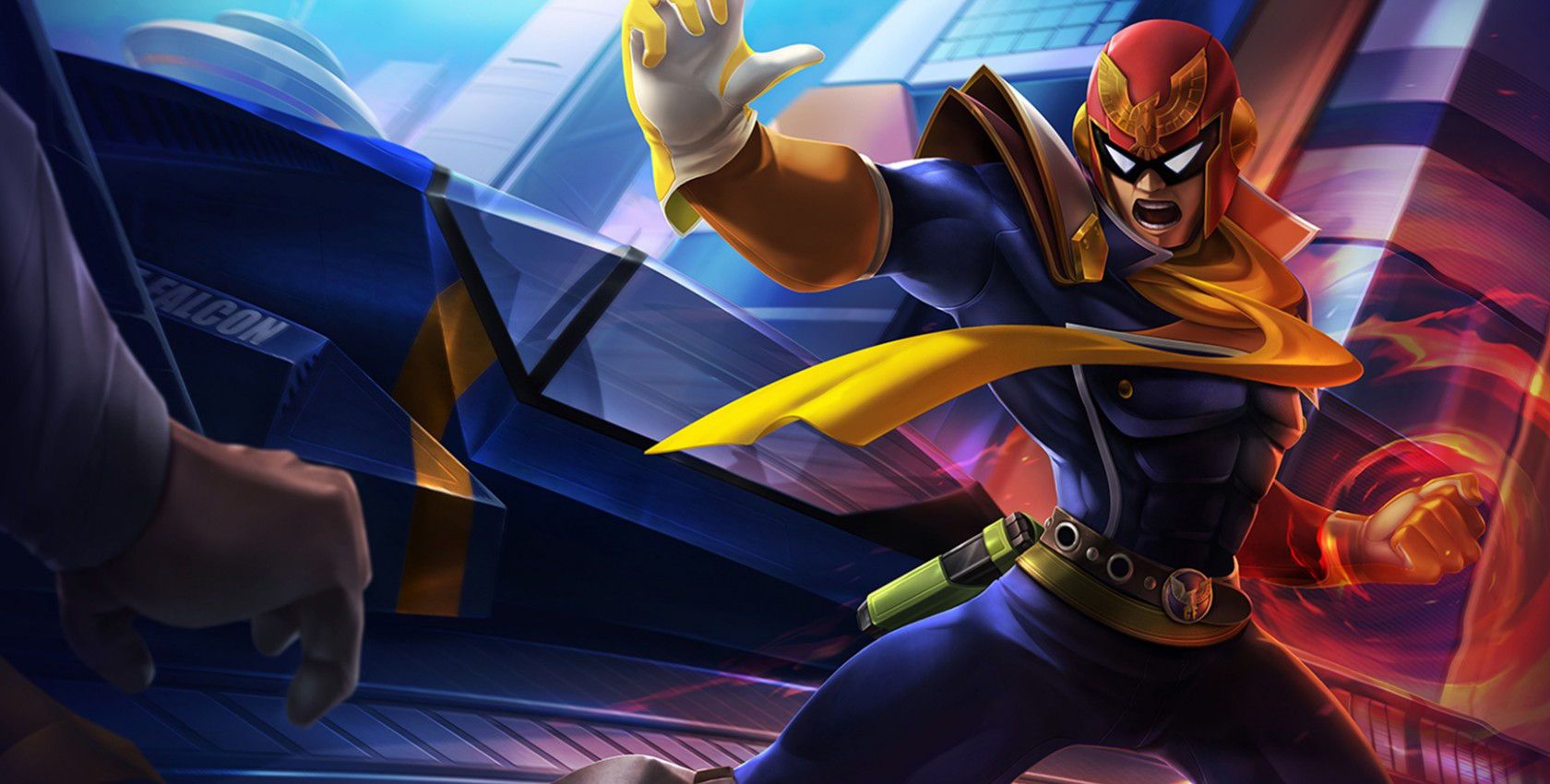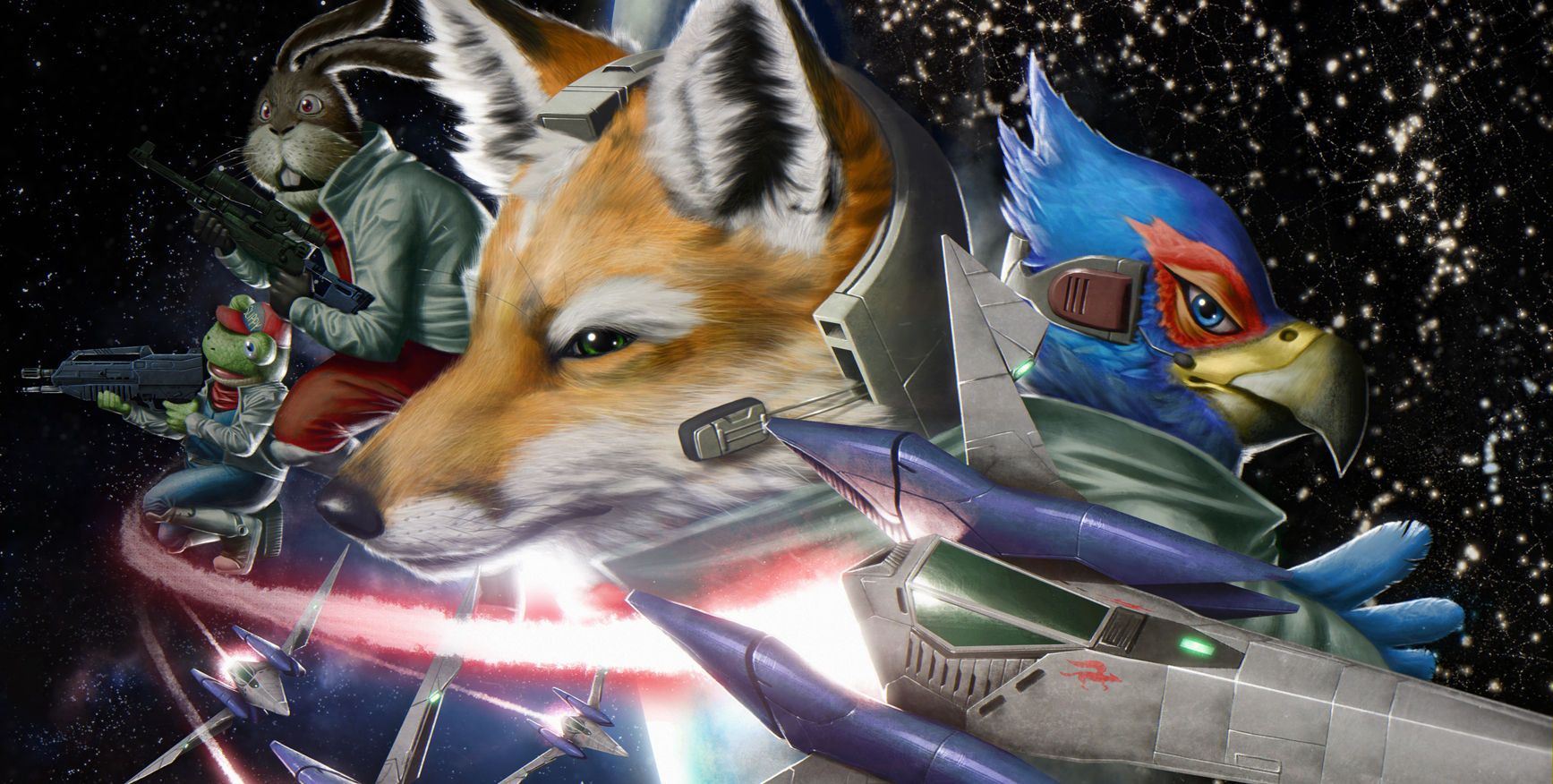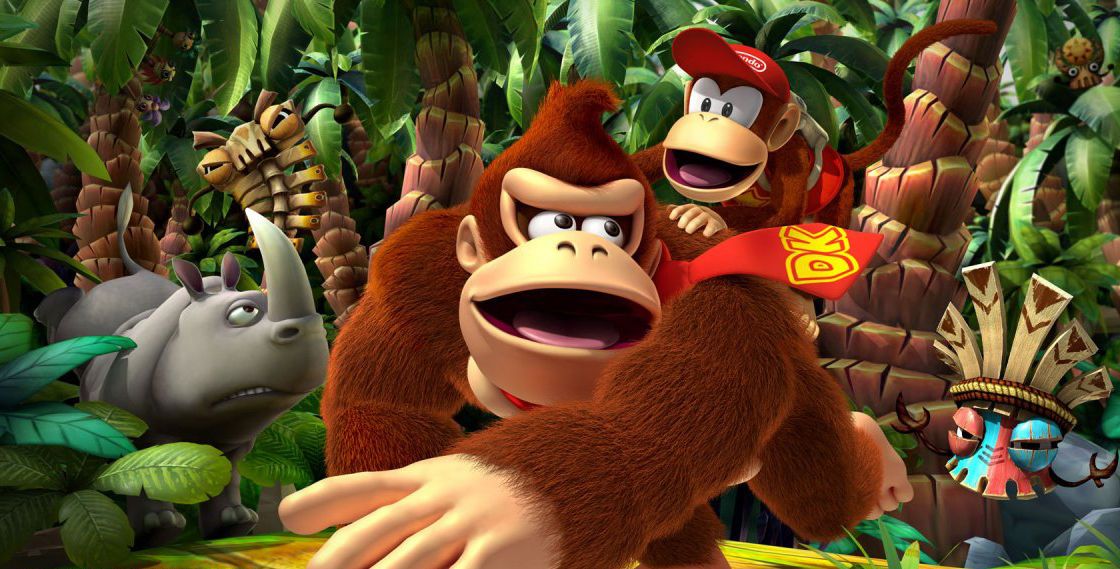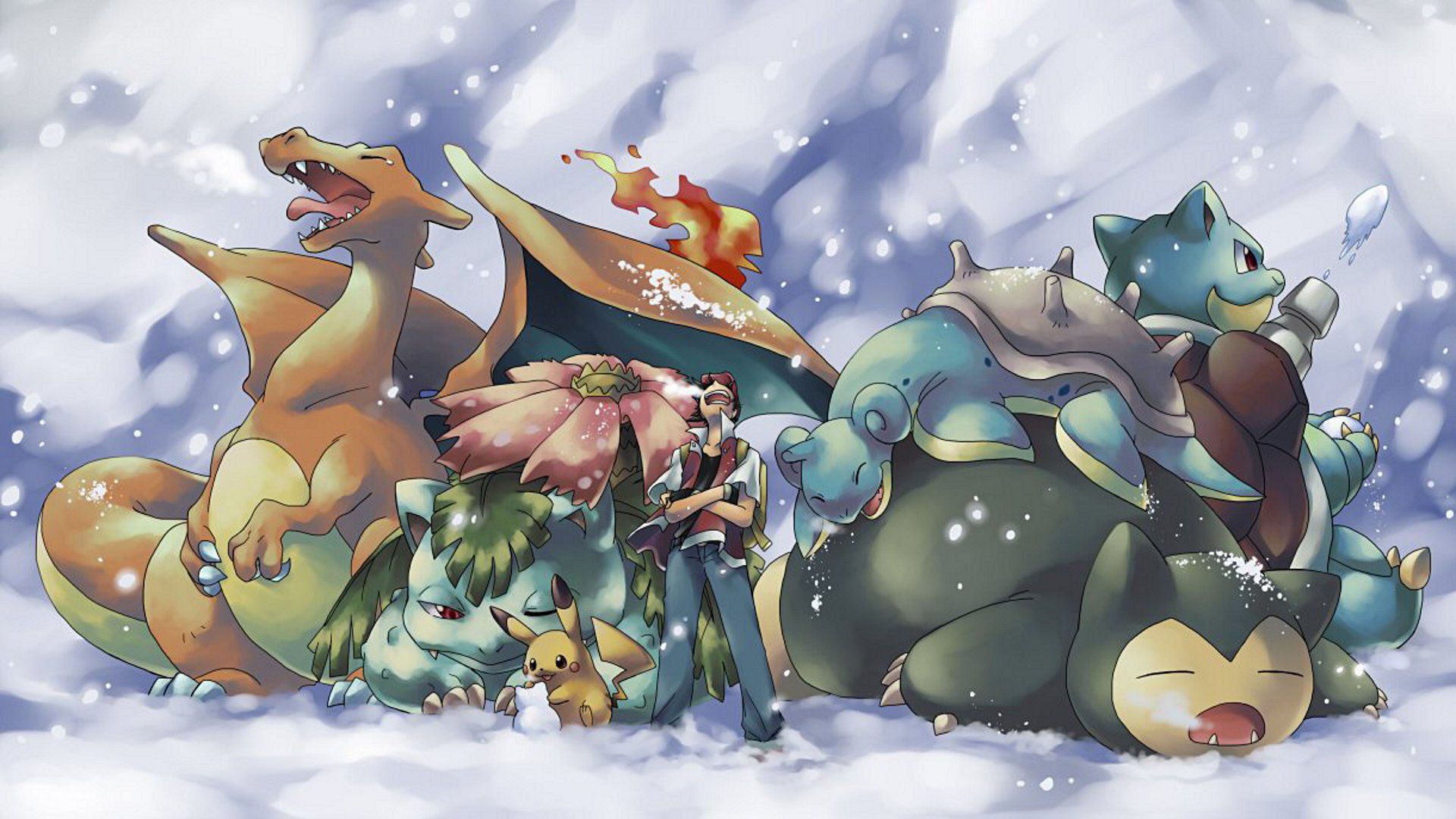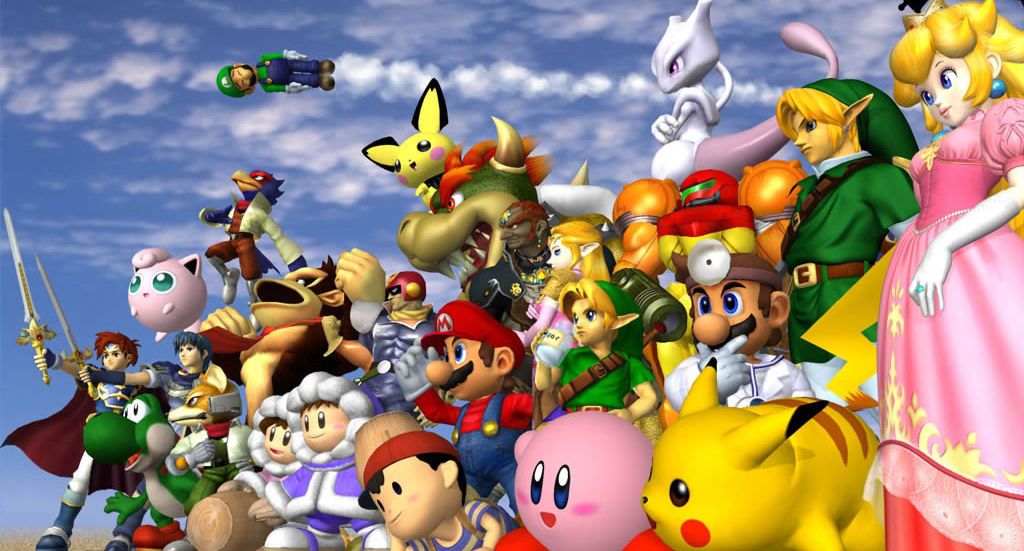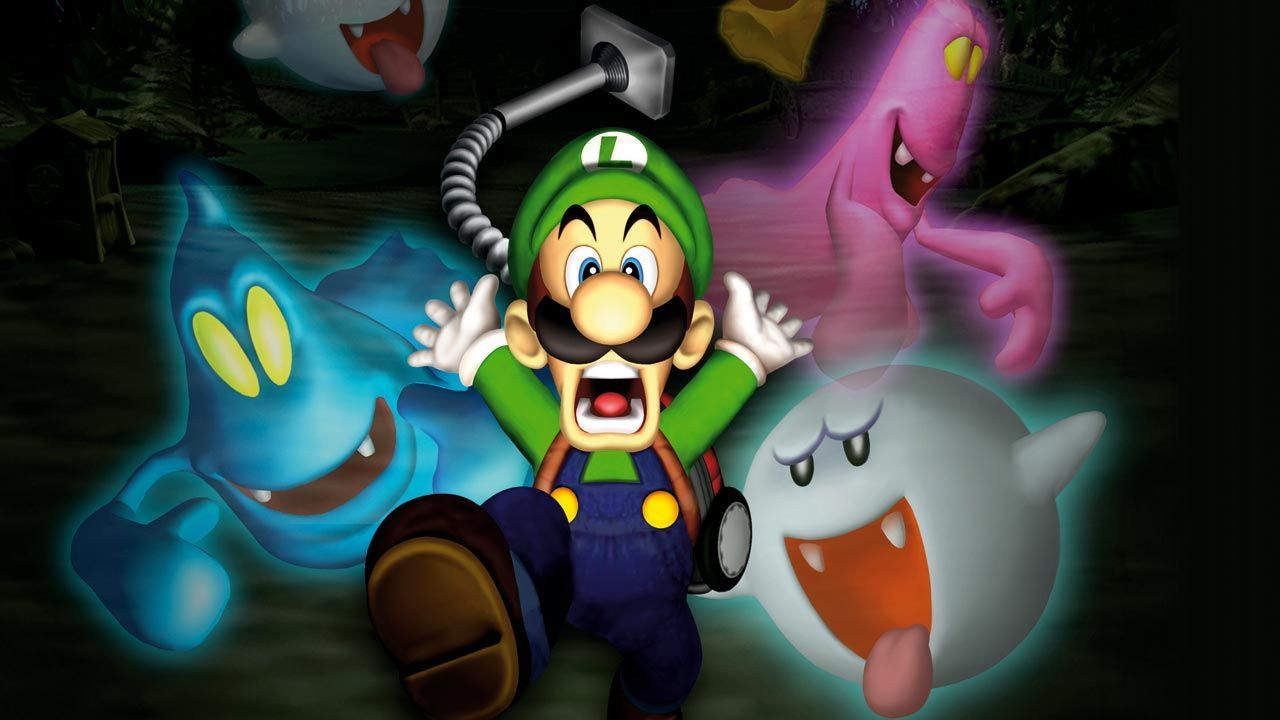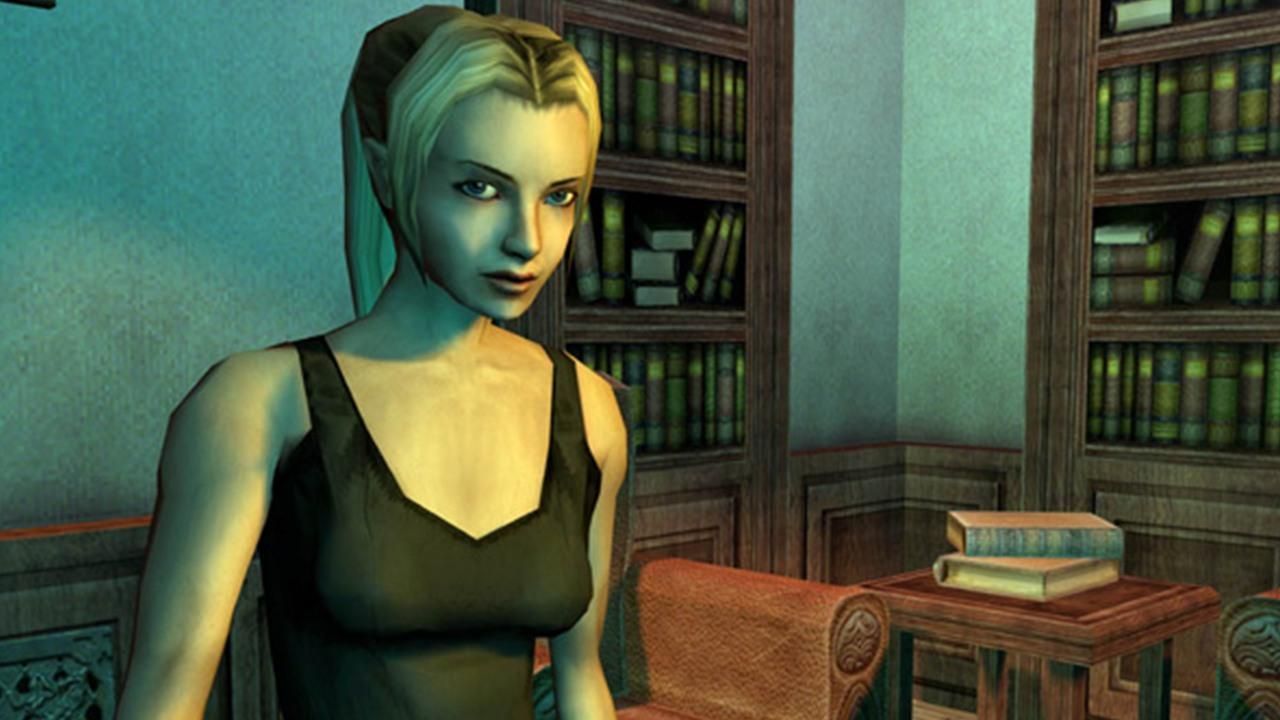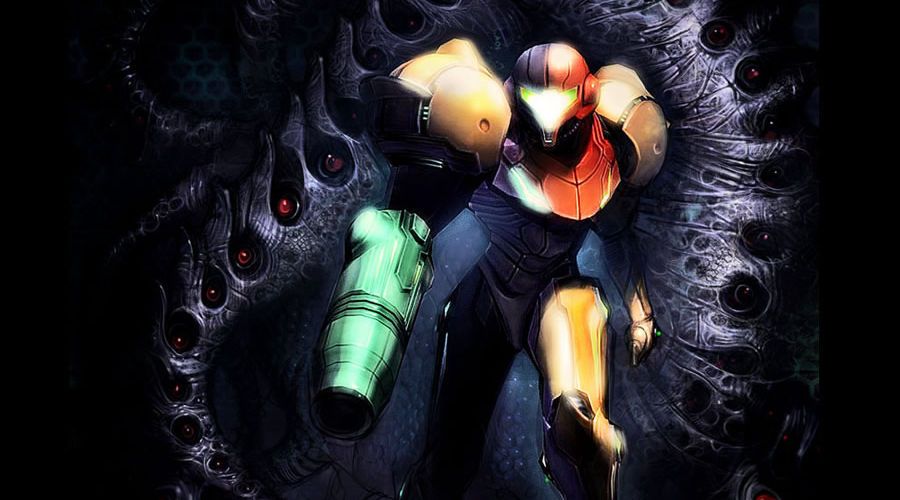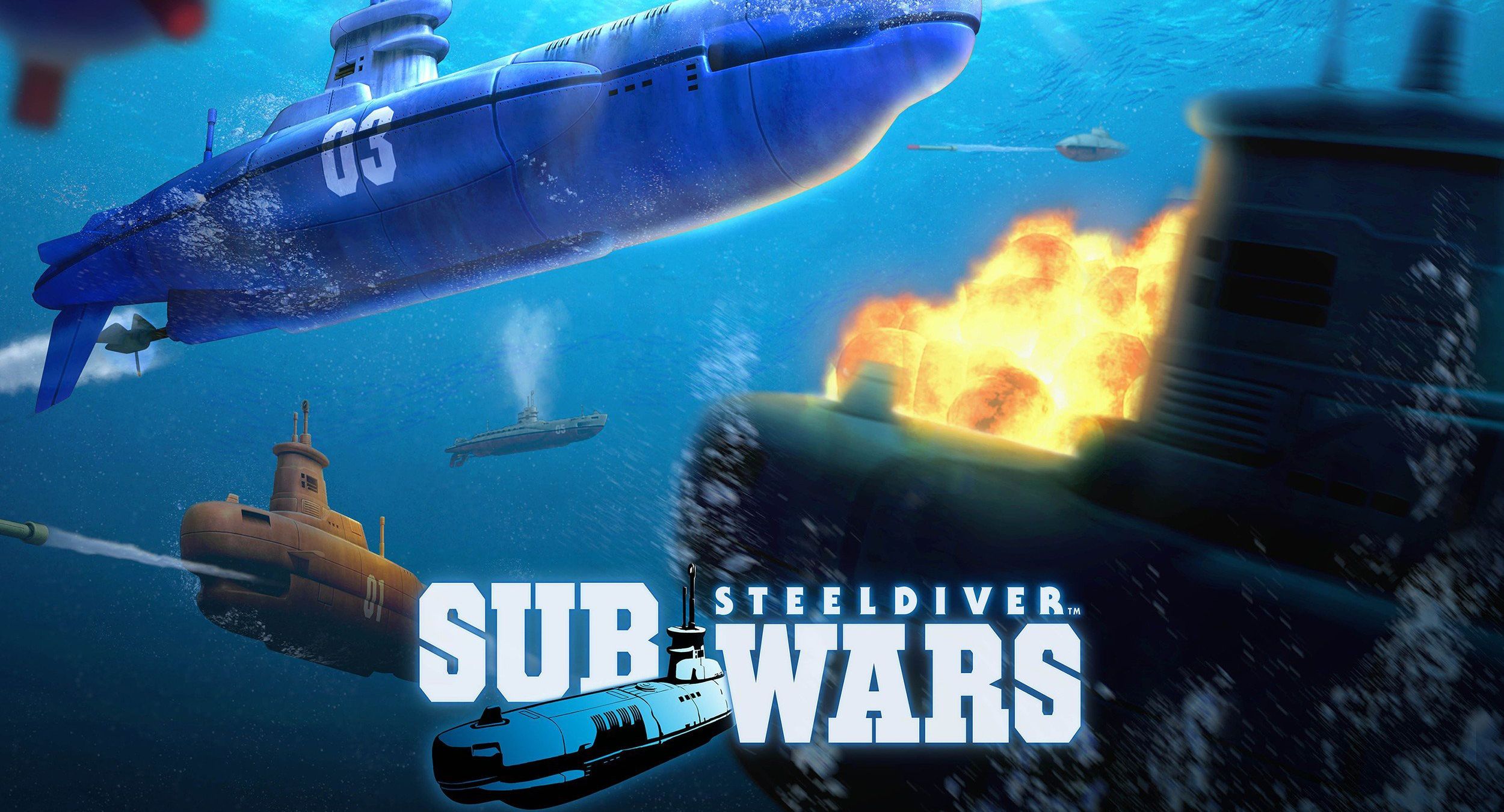Nintendo has been developing videogames for the past 38 years, and thanks to such long-running franchises as Super Mario Bros., The Legend of Zelda, and Pokemon, it’s become a worldwide household name in the process.
It’s not surprising that Hollywood would eventually come calling, unleashing a series of substandard television shows – and, even, a live-action Super Mario Bros. film – in the late ‘80s and early ‘90s. The lack of narrative material with which to work at the time (8-bit cartridges didn’t leave much room for that little trifle known as story, unfortunately), plus the cash-the-check mentality of the filmmakers, has created a legacy that has haunted Nintendo to this day, and has, presumably, been the primary impediment to any further filmic adaptations.
But times have changed, both for the film industry and for the former king of the multi-billion-dollar videogame market. Hollywood has already successfully managed to conquer the curse of the comic book movie, and all signs are currently pointing to a similar breakthrough on the video game front. The big N, meanwhile, has fallen from dominance, forcing the company at long last to expand its gaming focus to include mobile devices, and to find new avenues to explore with its many, many intellectual properties. Nintendo is already working with Universal to create a plethora of theme park attractions, and there’s also a possible new round of films and TV series currently in the works.
Just which of the metric ton of franchises should be mined for these new adaptations, however? It turns out there’s just over a dozen that are the most primed for big-budget, high-spectacle films, the kind that Disney is currently thriving off of. Here’s our list of the 13 Nintendo Video Games That Would Make Great Movies.
(Curious what that year is in parentheses after each title? That’s when each property made its original debut on the world stage – just for completionists’ sakes.)
Super Mario Bros. (1985)
Get all thoughts of the 1993 flop out of your head. Even though post-apocalyptic content is the name of the game right now – hello, Walking Dead! – the particular strain that so flourished in the late ‘80s and early ‘90s is long gone, meaning that Mario wouldn’t have to be clumsily forced into that decidedly ill-fitting mold. (And maybe we should forget all that live-action stuff, too, and just focus on animation, which has similarly come an incredibly long way.)
Even better is the proliferation of different settings, characters, and narrative situations that Mario, Luigi, and company have found themselves in since the 2D side-scrolling days. Super Mario Sunshine introduced audiences to the tropical Isle Delfino, while the Super Mario Galaxy entries have literally opened up a whole galaxy’s worth of locations. The sky is pretty much the limit now for having a wide-ranging, dynamic adventure on the big screen.
The key to a new movie’s success, however, would lie in the fact that Mario now has something of a personality. Twenty years ago, no one had ever heard Mario’s voice; today, although he doesn’t feature in fully-scripted cut scenes, he’s significantly more than a collection of pixels that jumps around onscreen.
The Legend of Zelda (1986)
If ever there was a Nintendo property custom-made for a visual adaptation, The Legend of Zelda is it. Steeped in ancient ruins, a cavalcade of creatures (both friendly and hostile), and a secret around nearly every corner, it’s an adventure story that, if done properly, could occupy some of the same mythological space that J.R.R. Tolkien’s Lord of the Rings currently does.
There are various time periods that the 17 games play out across, engaging in a seemingly endless series of heroes named Link and damsels-in-distress named Zelda as they fight a timeless battle against the evil that is Ganondorf Dragmire, the Prince of Darkness. When the action and intrigue of this vast canvas is combined with the extra spices of time travel and dimension hopping, it’s no wonder that a rumor broke out recently that Netflix was interested in pursuing a Zelda series; it’s even more opened-ended a premise – and potentially longer living – than The Walking Dead.
Kid Icarus (1986)
Unlike nearly the entirety of Nintendo’s other long-lived franchises, Kid Icarus is one, surprisingly, that has only been used sparingly across the past 29 years. Indeed, it’s only because of the character’s inclusion in the highly popular Super Smash Bros. series that interest was sparked in reviving the long-dormant IP, resulting in 2012’s Kid Icarus: Uprising.
It’s a good thing it was. Okay, yes – on the one hand, Icarus’s premise is rather standard: in a world stripped straight out of Greco-Roman mythology, the angel Pit has to rally against Hades’s forces from the Underworld to save Palutena, Goddess of Light. On the other hand, however, it provides for some fantastic visuals, moments of genuine intrigue, and, perhaps most importantly of all, wall-to-wall action.
Plus it doesn’t hurt that a number of other properties, from Sony’s videogame series God of War to SyFy’s recent re-imagining of Battlestar Galactica, features such extremely familiar mythological elements, proving that a new recipe can be made out of old ingredients.
Fire Emblem (1990)
Most Nintendo titles are largely associated with family-friendly fare, and with good reason – everything from Mario to Wii Sports is cartoony, sunny, and inviting.
But such a preconception overlooks the handful of IPs that are actually much more adult-oriented, either in their subject matter or in their approach to gameplay. Chief among these is the tactical role-playing game series Fire Emblem, which, intriguingly enough, sounds somewhat like HBO’s Game of Thrones in its premise: various countries in a quasi-Medieval time period endlessly war with one another, sometimes even across several millennia, in an attempt for all-out dominance. (Fire Emblem’s even noted for the permanent death of its playable characters, something which is rare to this day in the gaming industry – and which sounds like something that author George R.R. Martin would gladly approve of.)
The more involved narratives, massive movements of troops, and infusion of magic all combine to create an epic story of life and death, love and loss that could easily fill the cinematic screen.
F-Zero (1990)
The original F-Zero was a racing game with two twists. First and foremost, it added a visceral sense of speed, making it one of the fastest racing games at the time and directly inspiring the creation of many subsequent classics, such as Sega’s Daytona USA. Secondly, it added a narrative wrinkle, something of an oddity for a racer: it’s set in the year 2560, when trade with alien civilizations has created a wealthy class on Earth that decides to spice up its rather ho-hum life with the fastest races the galaxy has ever seen.
But that’s just the tip of the storytelling iceberg. In the instruction booklet, a mini-comic is included, following the game’s protagonist, Captain Falcon, on one of his many interstellar bounty-hunting escapades. Given this (comparatively) developed backstory and the huge emphasis on speed, a Hollywood production could look something like a cross between Speed Racer and James Bond – an endlessly intriguing premise.
Star Fox (1993)
When the original Star Fox released for the Super NES in 1993, its instruction booklet was a somewhat lavish affair, including actors in animal costumes, bringing the cartoony characters to full-fledged life. To an adolescent’s already-over-active imagination, it was as if an alternate version of Star Wars, with a fox replacing Luke Skywalker and a falcon replacing Han Solo, were about to begin.
Star Wars is actually an apt comparison, as Star Fox’s planetary assaults and deep-space dogfights have a lot in common with George Lucas’s space-opera epic. The description also serves as the perfect pitch for a film version, promising exotic planets and big action set-pieces.
Even better, Nintendo once experimented with bringing Fox McCloud and his ragtag group of fighter pilots into the action-adventure genre, placing them on Dinosaur Planet and having them embark on a Legend of Zelda-esque adventure. While it was not the most successful of titles in terms of gameplay, it provides more than enough ammunition for similar stories to unfold on the big screen.
Donkey Kong Country (1994)
The Donkey Kong Country series is the perfect example of an older intellectual property – Donkey Kong had been around in arcades since 1981 – being brought out of retirement, dusted off, and being given a new spinoff lease on life. In this case, the original Kong is renamed Cranky Kong, who supervises his son – who is also, of course, named Donkey Kong – as he embarks on a series of adventures all across Donkey Kong Island to reclaim the Kong clan’s stolen bananas. Joined by Diddy, the new Donkey’s nephew, and a whole other cast of colorful characters, the games are 2D, side-scrolling gold, providing fourth-wall-breaking humor and plenty of mine-car sequences aplenty. Think the light-hearted humor of Indiana Jones here – along with his mine cars, of course.
And just like with Star Fox, there are spinoffs of the spinoff to factor into the filmmaking equation. Diddy Kong Racing (1997) is simultaneously a clone of the ever-popular Mario Kart racing series and an adventure game, infusing races with open-world exploration sequences – and, also, the addition of hovercraft and airplanes. The Kongs’ zany cinematic antics would know no bounds.
Pokemon (1996)
Yes, yes – Pokemon is a well-entrenched phenomenon in movie theaters, with nearly 20 films under its belt (which is not to mention, of course, the television series, which has continuously been on the air since 1997). By this point, the mythology of catching, training, and battling monsters is ingrained in the global popular culture consciousness, leaving no room for doubt of the viability of the franchise in any of its multimedia flavors.
What can be done with Nintendo’s newfound interest in mining its properties – and, potentially, with studios willing to pour a lot of money into the projects, particularly one already as successful as Pokemon – is to embark on a big-budget, live-action series of movies. Given the diversity of the titular monsters and the settings that the Pokemon masters find themselves competing in, something along the lines of Harry Potter is not out of the question here.
(And if Nintendo really wanted to go down this rabbit hole, it could even keep this new sub-series of movies as part of the overarching Poke mythology instead of it being a reboot.)
Super Smash Bros. (1999)
Super Smash Bros. has, on the face of it, a rather absurd premise: take nearly every single (main) character from nearly every single Nintendo release across the past four decades and have them battle one another in a completely over-the-top fighting game. Given the huge disparity in aesthetics from one franchise to the next – there is, obviously, a huge discrepancy between the cartoony Super Mario and the more realistic Legend of Zelda series – it might seem like, on first blush, it would never work. That first blush is woefully wrong: a cohesive feel is not only established, it’s the perfect conduit for the insane amount of fun that players get to engage in.
What makes Smash Bros. such a shoe-in for the silver screen is the sheer scope of the production, being able to hit upon literally every single element from the biggest library of titles in gaming history – which isn’t to mention the constant action of a fighting film. Take the Mortal Kombat movies but place them in all six of the Star Wars installments, and one begins to get the idea.
Luigi’s Mansion (2001)
Luigi’s Mansion, a sparsely-populated franchise in Nintendo’s family, could act as the out-and-out kids’ movie of the bunch, taking a cutesy approach to material that could otherwise be considered scary – think more Scooby-Doo than a Pixar release, which typically serves larger audiences than just children.
The games follow Luigi, Mario’s brother, as he investigates a series of haunted mansions with his trusty Poltergust 3000 vacuum cleaner, which just so happens to double as a ghost-trapping device (somewhat like Ghostbusters). Gameplay revolves around first stunning ghosts with a flashlight and then having to reel them in with the vacuum – a deceptively simple premise that belies the complexity of the games’ puzzles and boss fights.
The humor implicit in the character designs, the silly-but-surprisingly-catchy music, and the presence of Luigi’s ghost-hunting mentor, Professor E. Gadd, all could potentially make for something that not even Disney could strike gold with: a quality rendition of the Haunted Mansion movie.
Eternal Darkness: Sanity’s Requiem (2002)
This is, hands down, one of the best games that Nintendo ever published. It’s also easily the most violent, the most cerebral, and the most surreal.
The premise is simple: Resident Evil’s survival horror meets H.P. Lovecraft’s mythology, with the added twist that the player must contend with a sanity meter that can be just as depleted as either his health or magic meter. Once that happens, the characters on-screen literally go insane, with a wide-ranging number of effects hindering gameplay: corridors endlessly loop, for example, or the protagonists’ body parts start to fall off. Even better, some of the sanity effects break the fourth wall, making gamers think the volume of their TVs is being muted or their save files are being deleted.
With such a deep narrative well to draw from – which contains a 2,000-year-long story of humanity attempting to stave off the return of an ancient race of “gods” – and with entire sequences being various levels of hallucinations, a film adaptation could be just as graphic as Saw and just as confounding as Christopher Nolan’s Memento.
Metroid Prime (2002)
Metroid Prime is a first-person shooter take on the classic side-scrolling Metroid titles, and the first game in this sub-series is still one of the highest-rated titles on Metacritic to this day. It adds an in-depth narrative along with its greater emphasis on action, and it wraps the whole experience in a thoroughly compelling sci-fi world that practically begs to be realized on film.
The bounty hunter Samus Aran – a female variation on the Boba Fett trope – intercepts a distress signal from a group of space pirates. Once aboard their ship, she has to battle their genetically-modified alien life forms, which ultimately force her to explore a planet that stands on the brink of destruction. It may sound like a cookie-cutter science fiction tale – and it pretty much is – but the lavishness of the art design and the quality of the action set-pieces are more than enough to drive it to cinematic gold; a Metroid Prime movie, in this regard, wouldn’t be unlike James Cameron’s Avatar… and that’s even before a screenwriter sits down to infuse the tale with such niceties as character development and a three-act structure.
Steel Diver (2011)
On the surface, Steel Diver has two strikes going against it, both of which work hand-in-hand: it’s an extremely new franchise that has seen only two entries, and its narrative backstory is barely fleshed out – basically just enough to justify the gameplay, much like the 8-bit heyday of the ‘80s.
What little is there, however, could more than provide an interesting cinematic experience. With fleets of submarines being dispatched by a “rogue nation” to conquer its neighbors and upset the international order, a film version could end up playing like a modern-day Hunt for Red October, focusing on a psychologically deteriorating sub crew as it stands on the brink of World War III (a story which the slower-paced gameplay only reinforces). With all the other potential Nintendo movies being so heavily focused on action, adventure, and fisticuffs, such a premise would be sorely welcome.
(Which is not to mention the fact that the limited story material from the games could actually act as a benefit, allowing the filmmakers to be given almost carte blanche to create a stand-out production.)
-
Did we miss a Nintendo game that you think would make for a killer big-budget movie? Would some of these titles fare better as smaller, more personal or experimental films than Hollywood tentpoles? Let us know in the comments – we’ll be happy to compare filmmaking notes.

